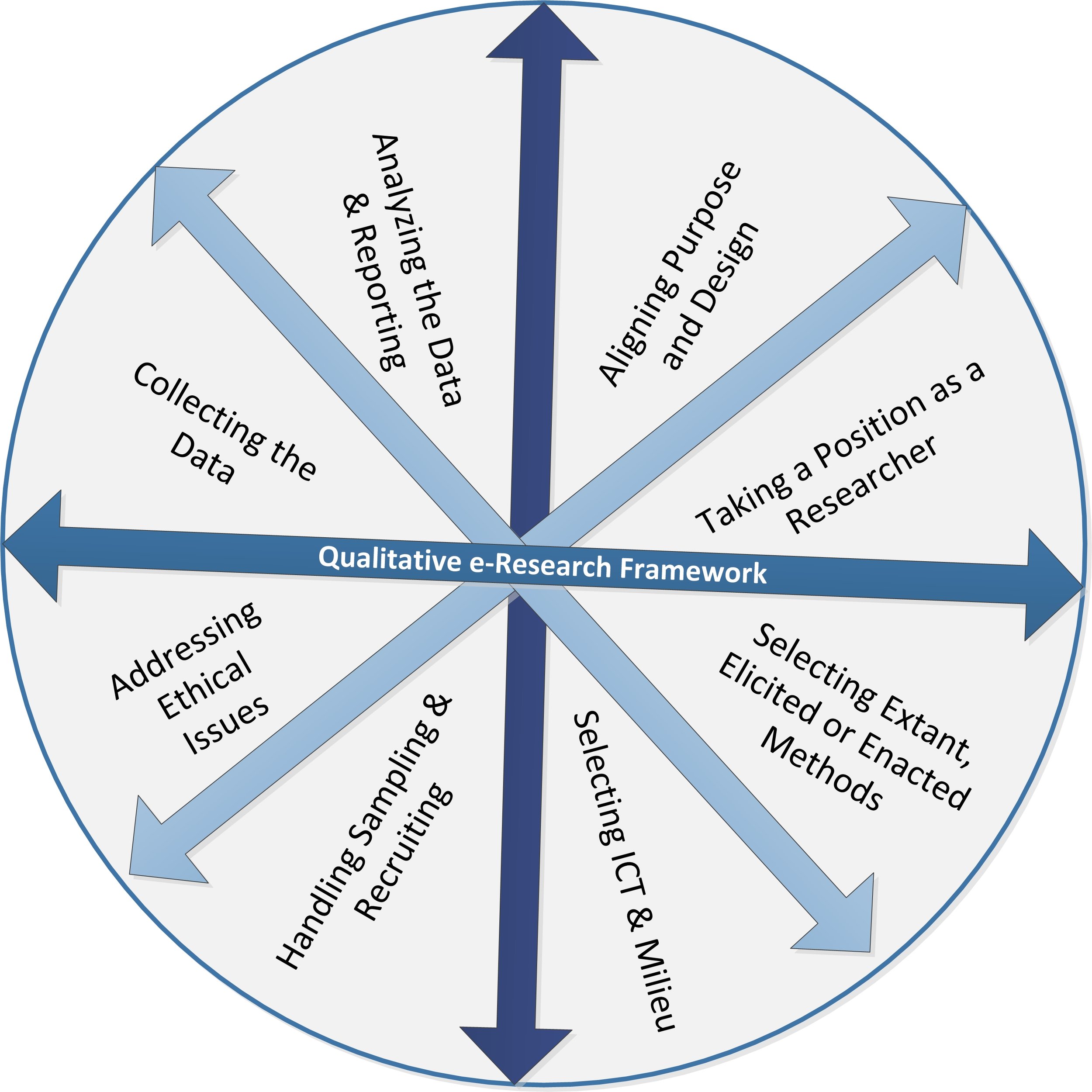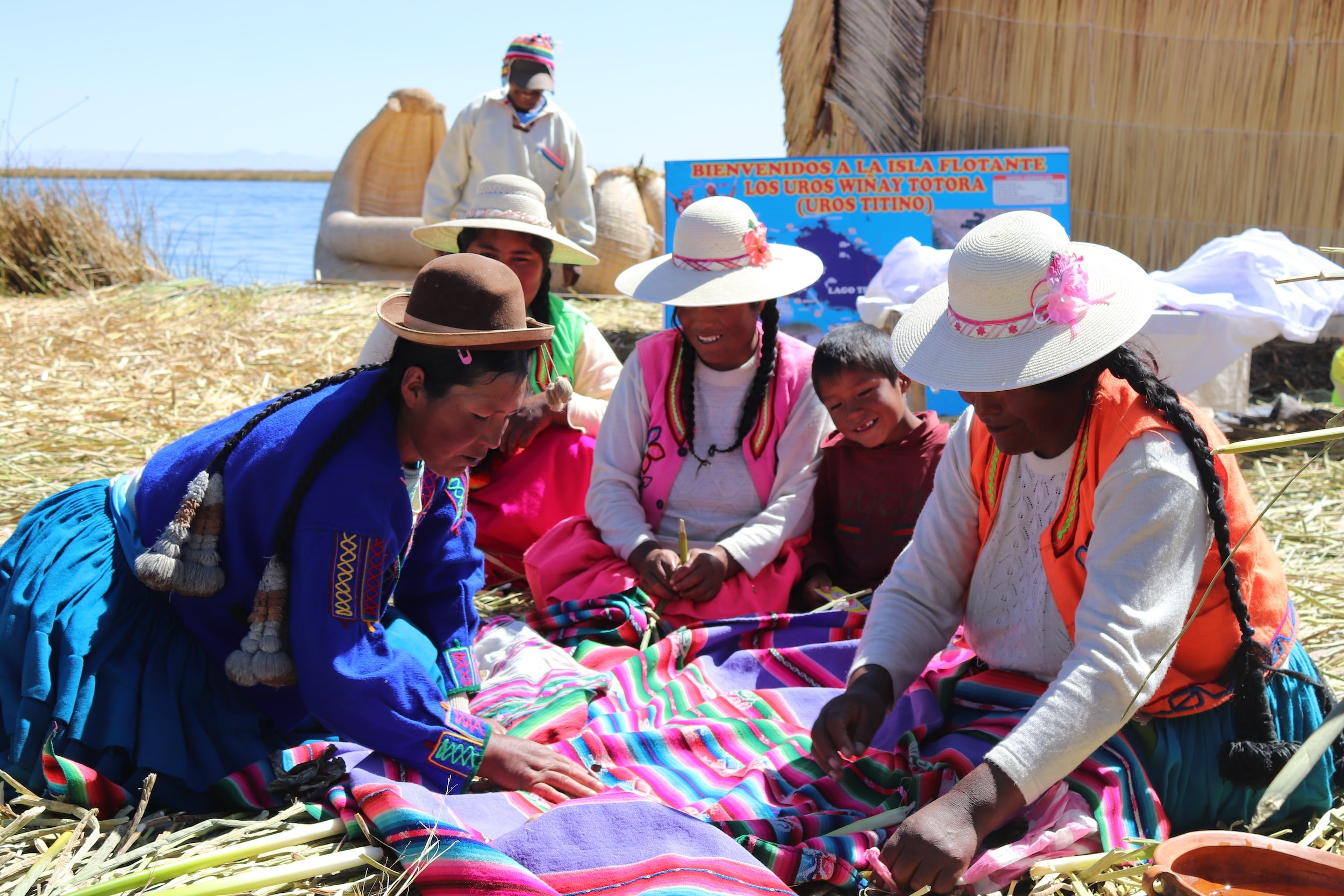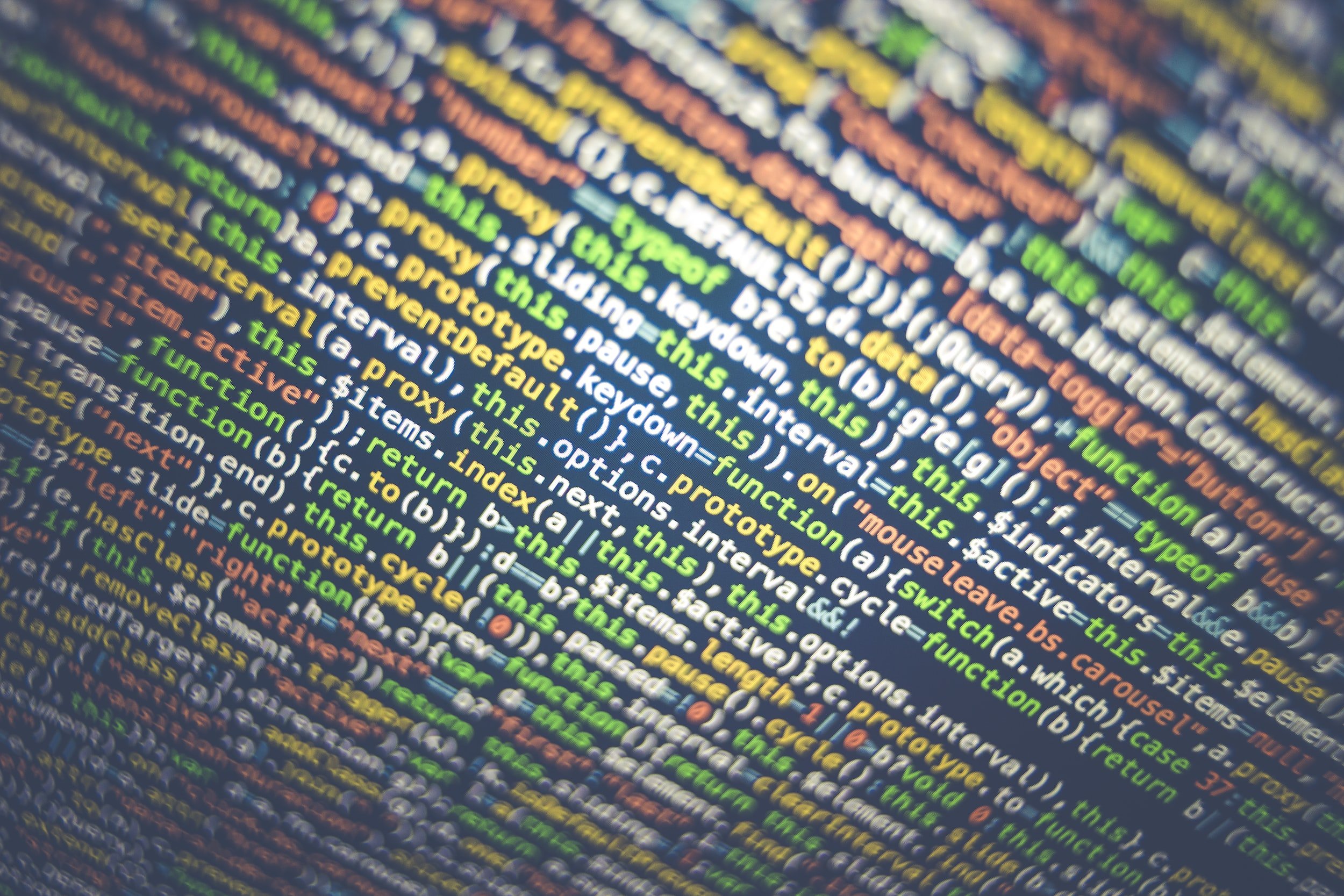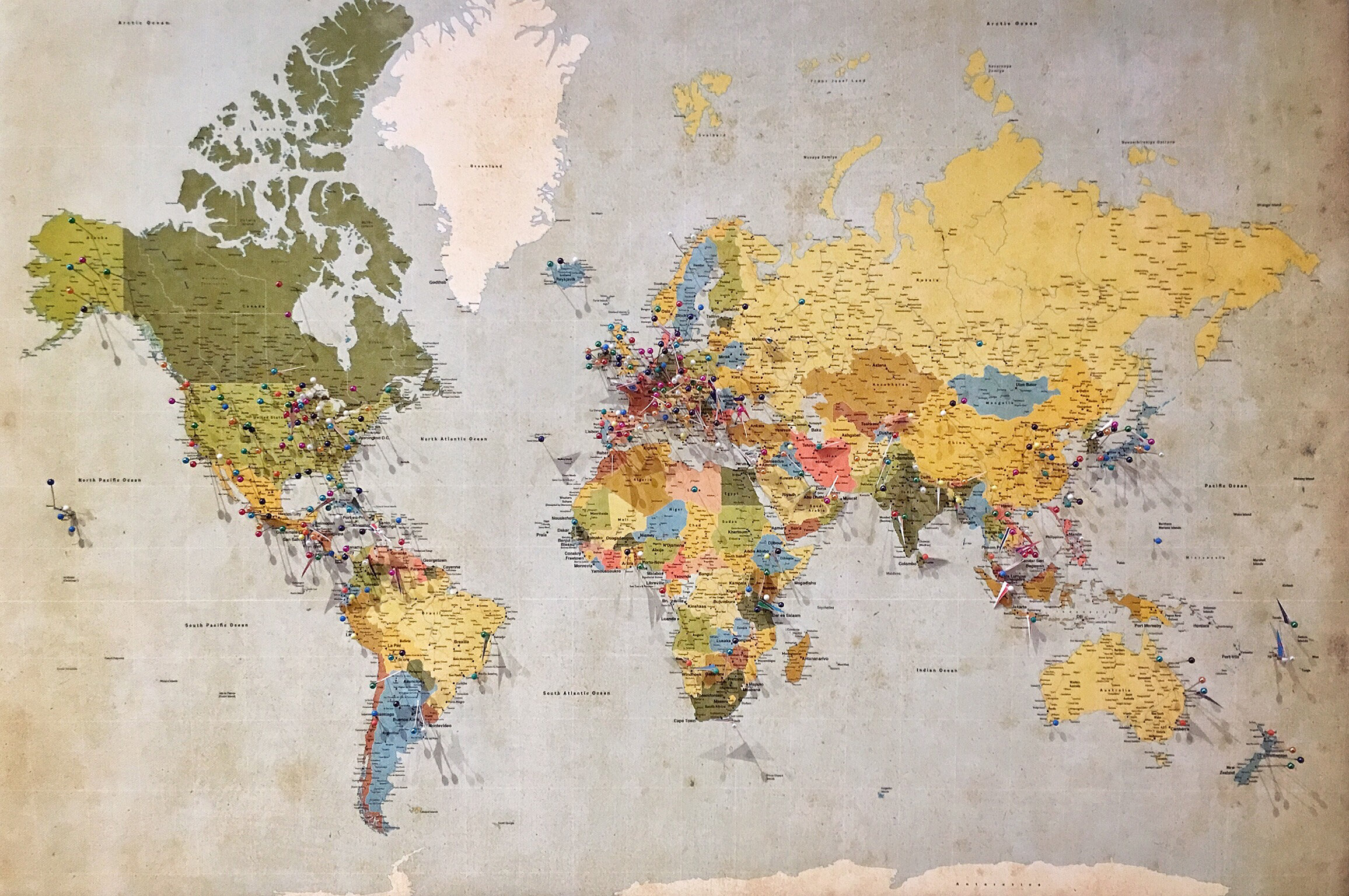Modern-Day Data Collection: Entering the Post-Pandemic Era
by Jennifer L. Harrison, Ph.D., LP, Board member, Solutions IRB
The COVID-19 pandemic changed the world in many ways as in-person activities were limited, if possible at all, lockdowns were required in some areas for various periods of time, and quarantines became necessary. As a result, businesses and the economy were significantly affected and many individuals were required to telework in order to prevent the spread of the virus. The impact of the pandemic on researchers has been large with many similar barriers that emerged, most notably with the inability to conduct studies that required in-person sessions. Such studies designed with these essential components required postponement for the foreseeable future. And while a number of virtual data collection methods were already in existence, they were not usually the most frequent choices for conducting studies, but yet, these were the only viable options at the time. Many who were not as familiar or ever trained in virtual research methods had to adapt given the limitations that remained in place.
It was not until approximately three years later that it has been determined that we are no longer in a public health emergency of international concern. However, given that this was a significant period of time where in-person activities were limited, and virtual methods were acceptable, many have continued to use such methods in what has been termed as the start to a post-pandemic era. Similarly, many employees have been informed that they can continue to telework as many businesses discovered efficiencies with these shifts that were necessary at the time. And notably, many of these virtual methods that have now become second nature, are arguably here to stay for the most part, even with us entering into a post-pandemic era.
Indeed, there has been a growing interest within the field of research for use of internet-based data collection methods during the pandemic using virtual technology, such as online survey platforms and videoconference technology. Many researchers have found that virtual data collection methods have offered unique benefits such as relative ease of data collection, cost effectiveness, a faster process with automatic data entry, and efficiencies across the board in the entire process. While such benefits do exist with these methods, they are not without challenges. Significant modifications are required to what we knew as traditional research methods, in order to maintain ethical research practices, appropriately manage risks versus benefits, and with attempting to lower the risks for participants to the extent possible. A few areas of methodological modifications that are needed are briefly discussed below, with hyperlinks to more detailed information.
Waiver of Documentation of Consent
In the absence of the ability to conduct research activities in person, it is challenging to gather informed consent via traditional methods, such as wet signature on physical paper. While this is still a viable option, and researchers can theoretically require participants to physically sign a hard copy consent form and scan it over email, and then physically mail the form back to the researchers, it proves to be quite difficult logistically with securing the original consent form on file prior to commencement of research activities. In addition, some participants may not have access to a scanner or the ability to electronically sign a document via DocuSign, which meets the standard of an electronic signature for full informed consent documentation. In fact, requiring this form of documentation of informed consent can, at times, prove to be a barrier for practicably carrying out the research study. In such instances, it may be appropriate to request a partial waiver of documentation of consent for your study, which would need to be approved by the IRB.
Virtual Focus Groups
Focus groups are a popular research method to obtain data for research studies as it is generally thought that rich information can be obtained in a group setting. However, many do not realize that this method of data collection can actually increase risks for participants. With thoughtful consideration of whether this is an appropriate method for a particular research topic, certain considerations for design of virtual focus groups are actually necessary – with specific guidance including seeking consent to participate and to record.
Audio/Video Recording
Not unlike research conducted in person, it is required that participants are informed as to the method they will be recorded (i.e., audio and/or video) as well as to provide their consent for recording to take place during a study that is conducted virtually. It is important to consider the risk involved to determine if recording unnecessarily raises the risk for participants, and if still needed, whether or not recording can be optional if the researcher is willing and able to take copious notes in lieu of a recording in order to better protect participant identity (i.e., a participant can decline to be recorded and still participate in the study). Several considerations are relevant within audio/video recording in virtual data collection.
As noted above, remember that if you are considering adapting your study to a virtual one for a number of the aforementioned reasons that were highlighted, I would implore you to continue to be thoughtful with research design as we enter this new era. More specifically, please be mindful that not every research study should be conducted remotely. For example, let’s say that you want to exclusively examine your topic area via survey data, and you want to recruit a large pool of participants. You decide that you would like to use MTurkers. For those that are not as familiar with this term, Amazon’s Mechanical Turk (MTurk) was launched in 2005 as a crowdsourcing marketplace allowing individuals (more commonly referred to as MTurkers) to complete tasks. In recent years, there has been quite an exponential increase in psychological studies that have been conducted on this platform. While this method of data collection was widely sought after because it can arguably be considered an efficient method for collecting large amounts of data, huge concerns began to emerge in 2018 with regard to the integrity of the data that results and a steep downturn in the quality of MTurk samples. In addition to demonstrating a decrease in reliability over time and an increase in failing response validity indicators, there were also failures to replicate well-known effects. In fact, many “participants” in studies were discovered to be bots – as in – computer programs that automatically complete tasks! In sum, this type of platform for data collection can have unique implications that should be thoughtfully considered in the early stages of research design. Not to say that it cannot be done, but additional efforts will need to be taken, such as building in data integrity checks, in order to detect poor quality performers.
Overall, virtual data collection methods have been the primary means of data collection during the last few years as a result of the COVID-19 pandemic. As we shift into a new era outside of the public health emergency, many virtual data collection methods will continue to be used for a number of aforementioned reasons, such as efficiency, cost-effectiveness, and access to larger samples, and researchers should remain mindful of the modifications necessary to conduct these methods appropriately while mitigating risk to participants to the extent possible.
Jennifer L. Harrison, Ph.D., LP earned her Ph.D. in Clinical Psychology with an Emphasis in Forensics from the California School of Professional Psychology (CSPP) at Alliant International University. She is a licensed psychologist in Minnesota and Missouri, has an active APIT from the PsyPact Commission, and specializes in clinical and forensic psychology. Most of her training and career thus far has been within public service settings. She currently works as a forensic psychologist for the Minnesota Department of Human Services, Direct Care and Treatment – Forensic Services. As a forensic examiner, she specializes in forensic evaluations to include competency to stand trial, criminal responsibility, civil commitment, general and sexual violence risk assessment, and repeat sexual offender evaluations, as well as providing expert testimony to the court system. Dr. Harrison is also a consultant with specialty in the delivery and implementation of an evidence-based cognitive therapy known as Michael’s Game, a card game for the treatment of delusional ideas. She serves as a primary reviewer for Solutions IRB with expertise in mental health, forensic psychology, clinical, forensic, and public service settings, and underserved populations. She serves as adjunct faculty for the Clinical Psychology Ph.D. Program at CSPP at Alliant International University where she teaches a doctoral-level advanced statistical course in meta-analysis. She has extensive training and experience with meta-analytic research methods and actively publishes research in peer-reviewed journals. She is an invited Ad-Hoc Reviewer for multiple forensically-related peer-reviewed journals and she also currently serves as the Public Service Division Chair for the Minnesota Psychological Association.
Solutions IRB is a private, commercial, AAHRPP fully accredited Institutional Review Board. We are a team of experienced reviewers readily supporting researchers with IRB services, including the review of exempt, expedited, full board, minimal and greater than minimal risk studies. We are committed to protecting research participants, monitoring approved protocols, and providing outstanding customer service to our researchers. We provide quality and timely IRB review for many facets of studies, including social-behavioral, vulnerable populations, international, clinical trials, medical device, non-significant risk, and non-investigational new drug studies.


























The wealth of material available online is irresistible to social researchers who are trying to understand contemporary experiences, perspectives, and events. The ethical collection and -use of such material is anything but straightforward. Find open-access articles that explore different approaches.